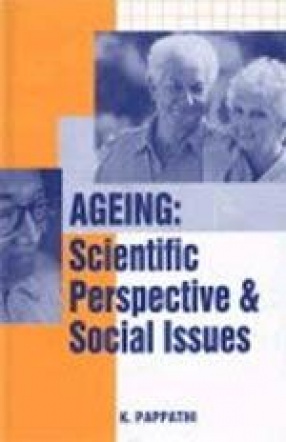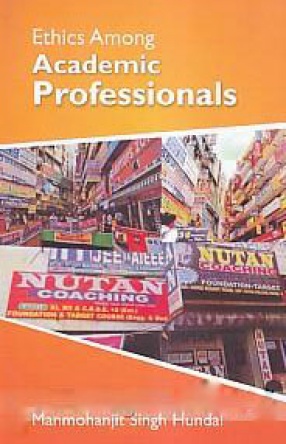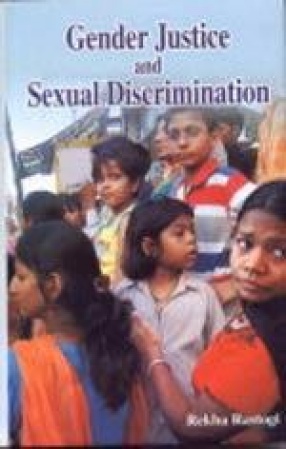Human life, in all its stages, is blessed with growth and development. Ageing is one of the significant stages of this process. It is a universal phenomenon applicable to all living organisms. The United Nations declared, the year 1999 as ‘International Year of Older Persons’. It focused on "Towards a society for all ages" where young and old get mutual help in bringing equal social order of the society. Hence, India formulated, the National Policy on Older persons in 1999 aiming to provide a happy ageing atmosphere. In Indian culture ageing gracefully is perceived as a golden period. In a traditional Indian society, senior persons were looked upon with a sense of honour and authority. Decision making in the family and community were largely assigned to them. They were revered for their experience and wisdom. Even now the rural society has a positive attitude towards the aged and considers them as a human resource for taking care of household. The role of the aged in initiating the younger generation towards socialization by transmitting cultural, social and moral values and inculcating leadership qualities and wisdom have been unanimously acknowledged by all cultures. The transition of modern society leading to the disintegration of the joint family system has resulted in the loss of the traditional authority of older people. This left the aged in isolation, poverty, lack of social security, and lack of intergeneration bonds. It caused them grave worries and led to psychological disorders. Moreover, in demographic transition, the percentage of the aged population has increased compared to the total population. The problems faced by the aged largely depend on the socio-economic and environmental conditions in which they survive. The educated and upper class milieu with higher economic status in the society involve themselves in social services activities and guiding others in their problem solving procedures. Whereas, the aged, especially the rural women face numerous problems in their family, neighborhood and society. The elderly women in the rural areas are largely landless labourers, surviving on day-to-day earnings, without any long-term savings. They are no longer physically strong because of their age. Besides, their capacity for work is progressively reduced. In the unorganized sector, there is no retirement. Though Government of India has recognized old age poverty and offered various welfare schemes including pension, seldom they reach the senior citizens in rural areas. The present study was undertaken to study the status of the rural female aged and the problems faced by them. It is a sincere attempt to investigate the socio-economic conditions and psycho-social problems of the female aged in rural India. The psycho-social factors such as maladjustment, alienation, low self-concept, depleted role activity, ego-integrity, depression, loneliness and lack of communication etc. have been examined intensively. The study also attempts to identify the problems of the aged in villages, particularly with reference to health, income, education, generation gap, family and satisfaction in life. Strategies for the welfare of the aged, particularly in rural regions, have been developed based on the research findings.
India’s Energy Security
$35.10
$39.00





There are no reviews yet.